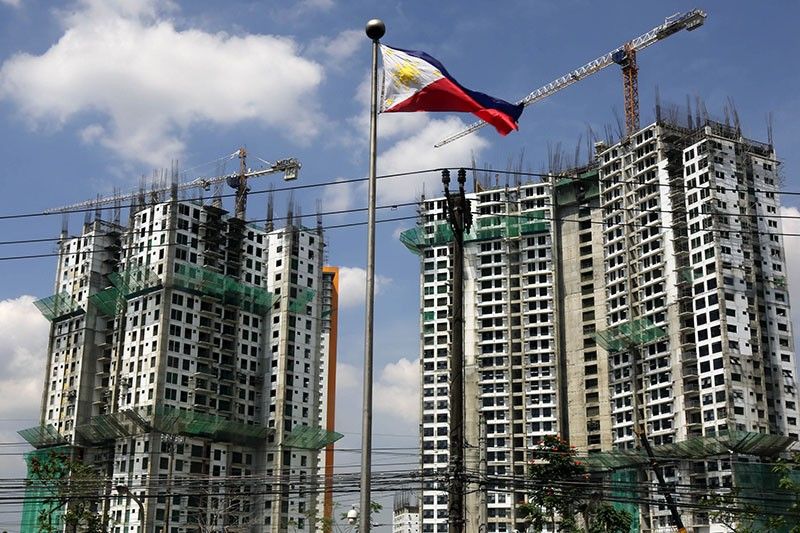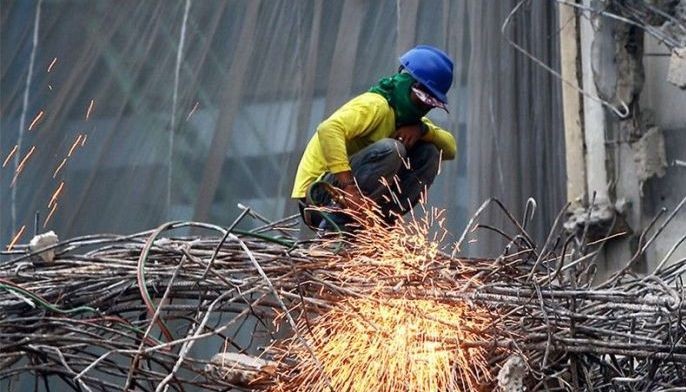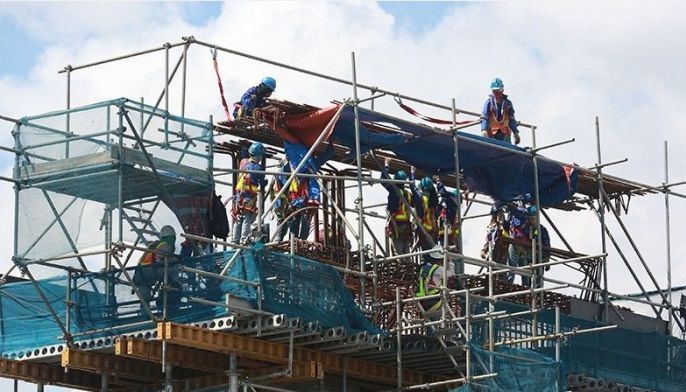Philippines seen struggling to reverse weakening economic growth momentum

MANILA, Philippines — The Philippines will struggle to reverse its economy’s weakening growth momentum after the country posted a disappointing gross domestic product print in the third quarter, a think tank said.
In the July-September period, the Philippine economy grew 6.1 percent, softer than the upwardly revised 6.2 percent in the previous quarter and 7.2 percent clip posted in the same period a year ago.
The latest reading fell below the government’s 6.5-6.9 percent goal for the year, reflecting lackluster export growth, sluggish agricultural production and weaker consumer spending as soaring prices and higher interest rates weighed on consumption.
For the first nine months, GDP growth averaged 6.3 percent.
In a research note sent to journalists on Friday, Fitch Solutions slashed its GDP growth forecasts on the Philippine economy to 6.2 percent in 2018 and 6.1 percent in 2019, from 6.3 percent previously for both years.
The Fitch Group unit said the economy will likely underperform over the coming quarters amid tighter monetary conditions, deepening trade tensions and a declining business environment.
“The slowdown in private consumption and investment growth was in line with our view, and we continue to expect both GDP components to perform poorly over the coming quarters,” Fitch Solutions said.
Inflation clocked in at 6.7 percent in October, unchanged from September’s clip but still the fastest pace in nearly a decade. The Bangko Sentral ng Pilipinas has responded by delivering rapid-fire interest rate hikes of 1.5 percentage points since May.
A recent central bank survey showed business and consumer confidence dipped last quarter, as surging prices ate into Filipinos’ purchasing power and jacked up businesses' overhead costs.
Some analysts expect economic growth to continue to decelerate over the next quarters as high interest rates and red-hot inflation weigh on consumer spending, which has traditionally been the driving force behind growth.
But some economists said government spending should provide some support to the economy as the Duterte administration’s massive public infrastructure program progresses.
In the same report, Fitch Solutions said faster-than-expected rate hiking cycle in the United States and trade tensions could stoke capital outflows in emerging economies like the Philippines and hurt foreign investments.
The think tank also noted businesses’ concerns over the Duterte administration’s proposed corporate tax reform, which seeks to cut corporate income tax rate and reduce fiscal incentives to recover the projected lost revenue.
“Even if the tax reform bill falls through (which seems unlikely after the amount of deliberation), the uncertainty would slow investment growth in the coming months,” Fitch Solutions said. — Ian Nicolas Cigaral
- Latest
- Trending































